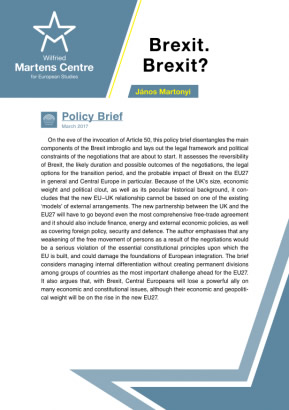Related publications
-
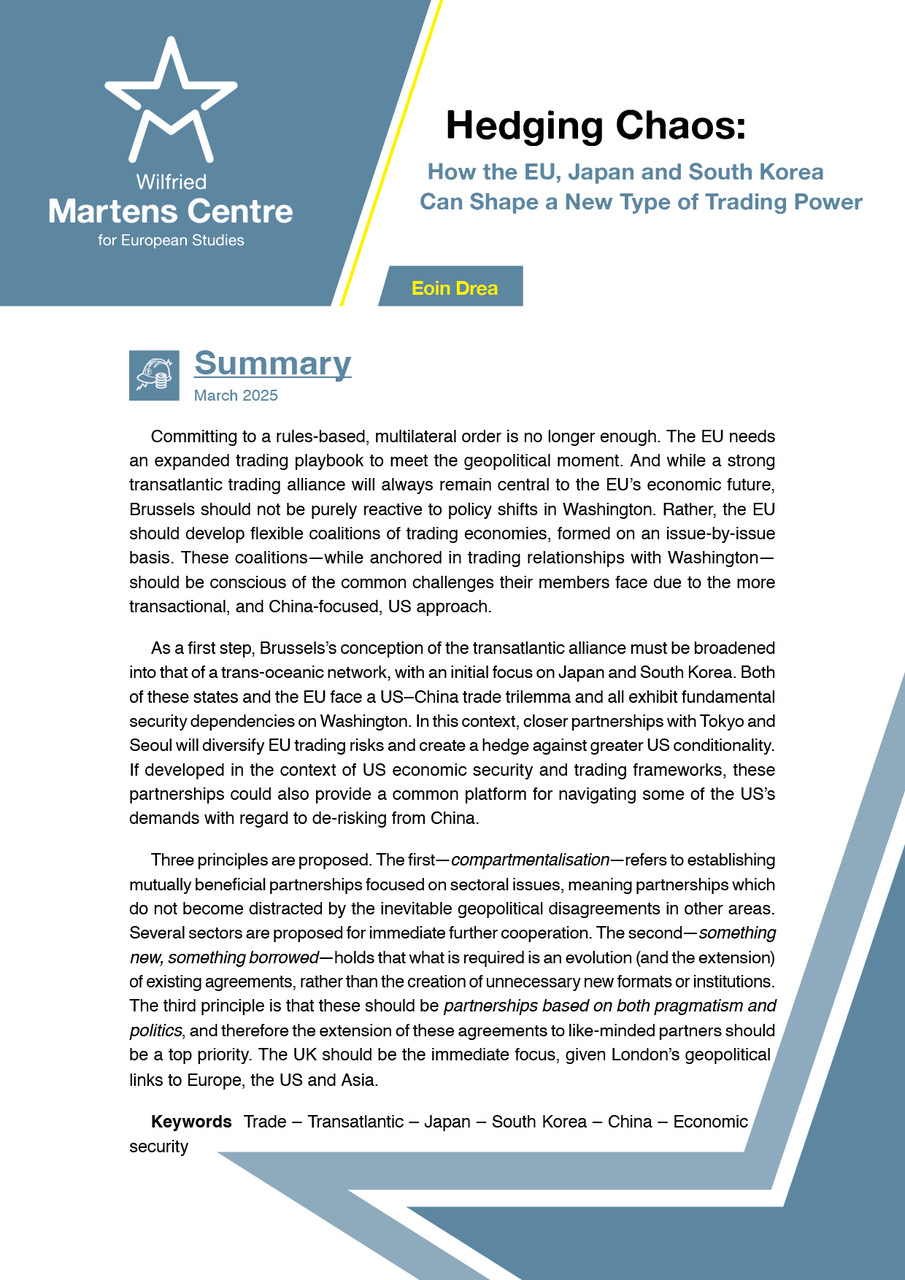
Policy Briefs
Hedging Chaos: How the EU, Japan and South Korea Can Shape a New Type of Trading Power
-
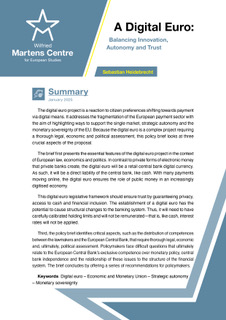
Policy Briefs
A Digital Euro: Balancing Innovation, Autonomy and Trust
-

The 7Ds
The 7Ds Extended
-

The 7Ds
The 7Ds – De-risking Globalisation Extended
-
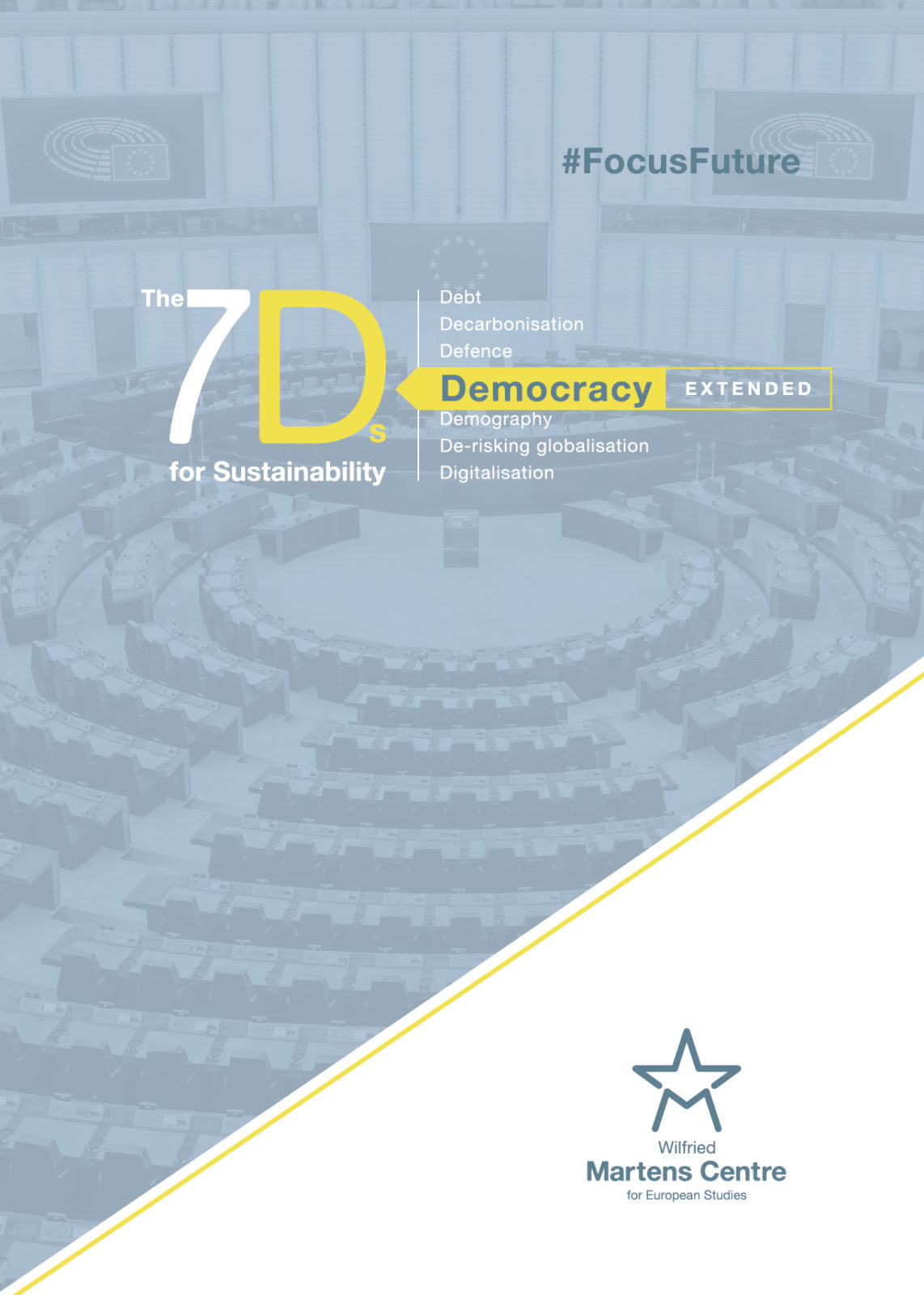
The 7Ds
The 7Ds – Democracy Extended
-

The 7Ds
The 7Ds – Debt Extended
-
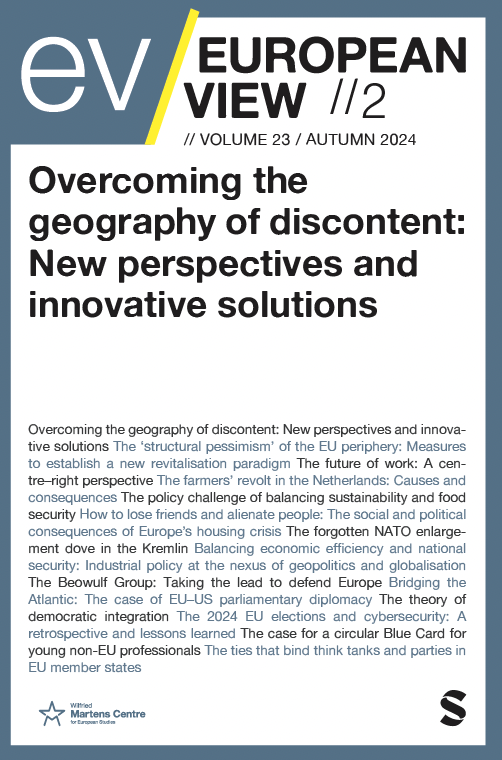
European View
Overcoming the geography of discontent: New perspectives and innovative solutions
-
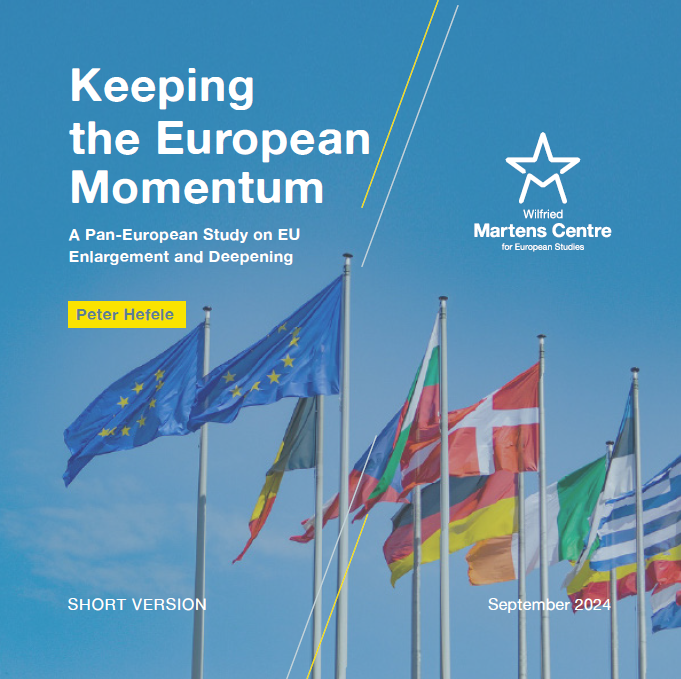
Other
Keeping the European Momentum: A Pan-European Study on EU Enlargement and Deepening


